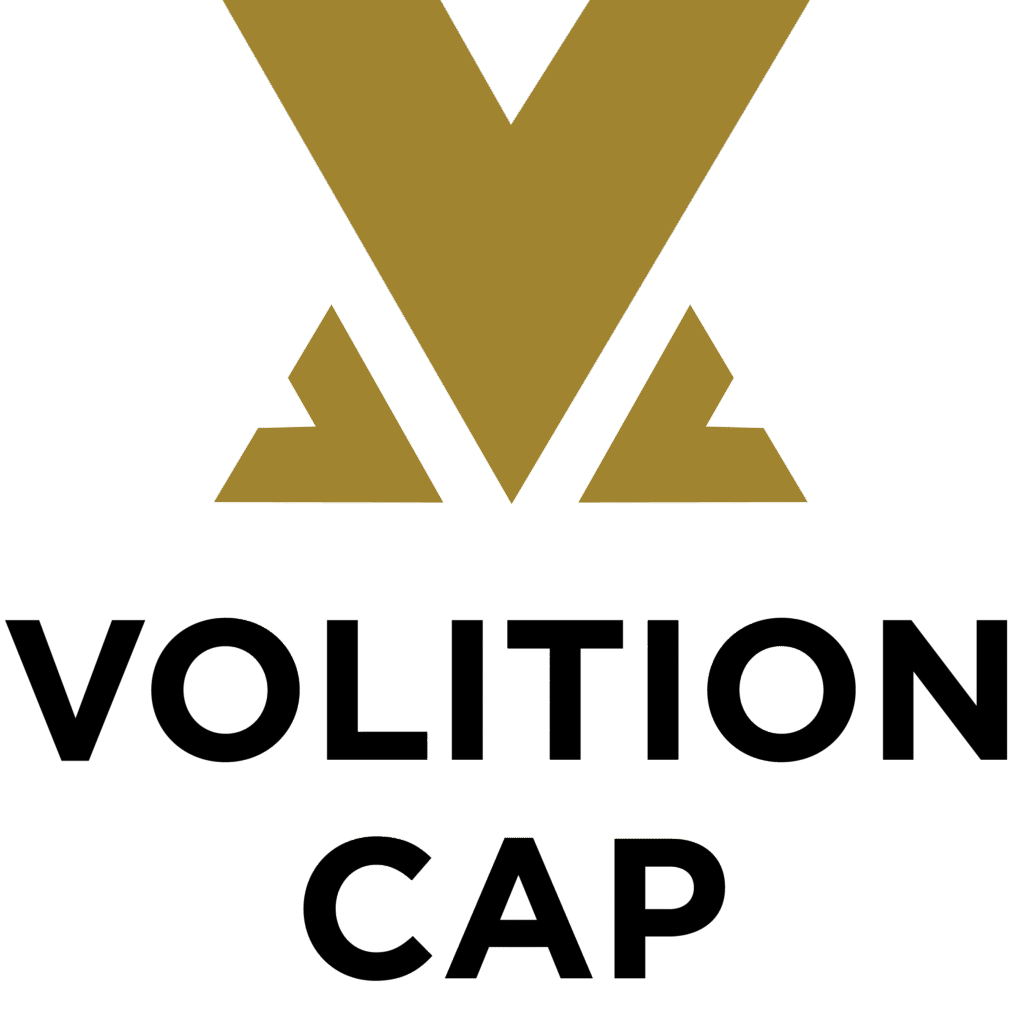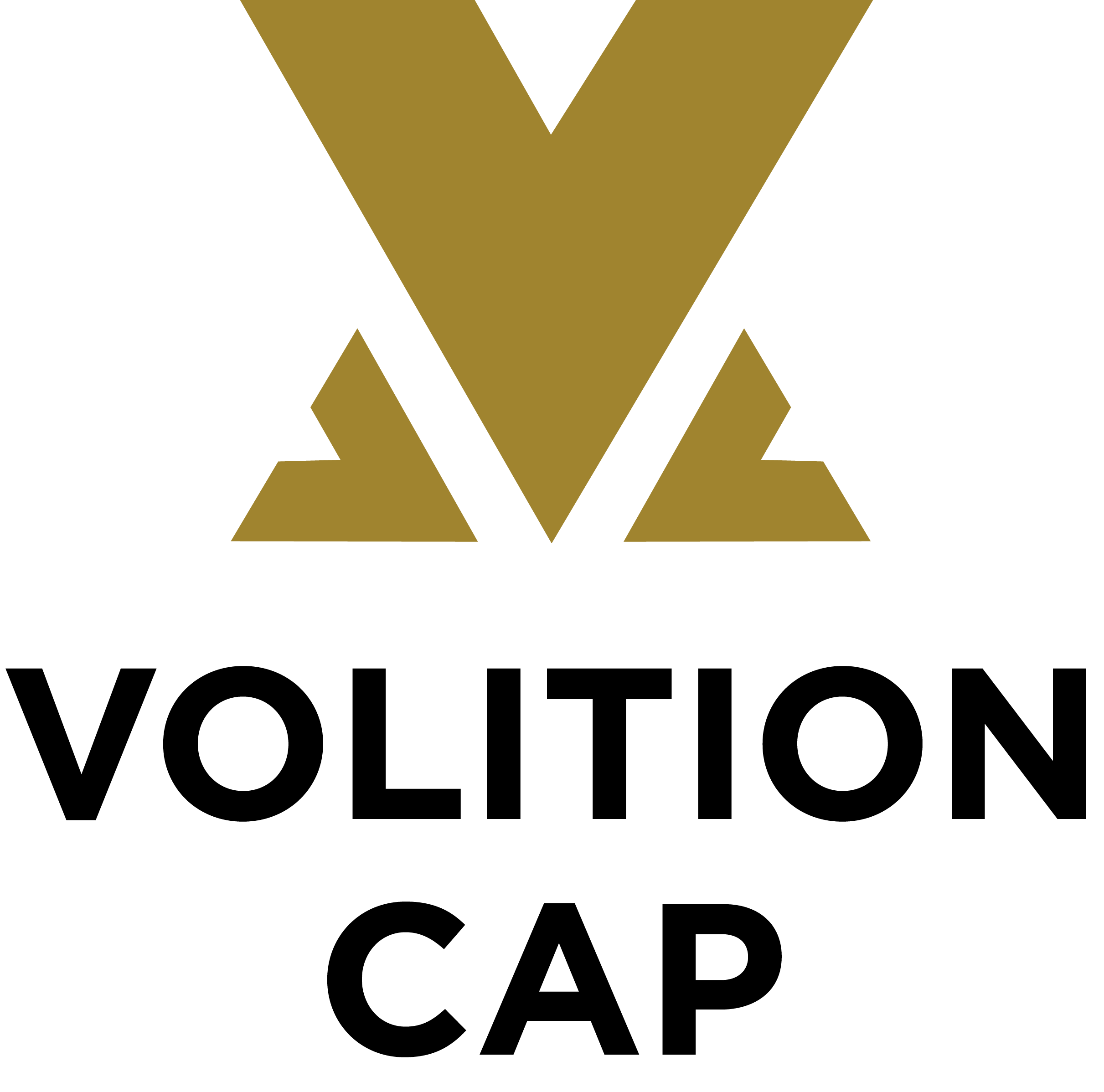“Our Lekki store has been vandalized and looted. But, we acknowledge that this is only a setback compared to the larger issues we are all facing as a nation, and our thoughts and prayers remain with Nigerians everywhere, and for a peaceful resolution to various issues at hand. Rebuilding a supermarket is hard. Rebuilding a nation is even harder. We stand with you Nigeria. Stay focused. Be the solution.”
SPAR Nigeria had this to say after its supermarkets were looted by hoodlums. That must have been hard. For them, or their insurance company.
A lot is happening in Nigeria. Notably, looters are looting government offices, banks, shopping malls, media houses, toll plazas, private offices, etc. Vehicles, buildings and properties have been set ablaze or looted. It raises interesting questions for insurance companies, doesn’t it? When the dust settles, businesses will calculate their losses and make claims.
In the coming weeks, we will take on Nigeria’s insurance industry. Today, we chose to look into the insurance culture in Nigeria. Do Nigerians insure? Why or why not? What do they insure against? Welcome!
Do Nigerians insure?
Not really.
Nigeria’s adult population was 99.6 million in 2018. 40% had access to financial services. However, only 1.9% of them had insurance coverage. Insurance penetration remains low and the insurance industry contributes about 0.3% to Nigeria’s GDP. The industry has been relegated to the background in a financial services sector that has produced more prosperous industries such as banking and pensions.
Why are Nigerians not insured?
Many inefficiencies plague the insurance sector – poor regulatory enforcement, weak corporate governance & risk management framework. However, the greatest of these may be the dearth of innovation. While tech has jumped on other financial services, it is not jumping on insurance, is it?
Well, tech is an enabler. The reason why there is tech in banking and investments is so that they can do what the traditional banks are doing more efficiently. But the demand was always there. Meanwhile, knowledge of the insurance industry is extremely low as a combination of low income and perception about the industry has affected the reach of insurance services.
The insurance culture
Nigerians are very poor. Simply, people with low income cannot afford to subscribe to insurance services. A study by EFiNa revealed that at least 30.8% of Nigerian adults say they cannot obtain insurance services because of economic constraints. 15% of them say they can’t afford it, while 14.9% say they have nothing to insure.
Nigerians are also quite religious. People pray against bad things and hope God prevents them from coming their way. Meanwhile, insurance recognises that bad things do happen but can be recovered from. Why take motor insurance coverage against accidents? Doesn’t that show a lack of faith in God’s power to protect? Life insurance is called funeral insurance in other countries. But who wants to hear “funeral” over here? Eh? God forbid.
Finally, Nigerians are not very trusting. Specifically, this relates to a conception that it is difficult to get insurance companies to pay claims. Oh, Nigerians have a general, uncompromising distrust for financial service providers including bank offerings like loans. They are also unaware of how the industry works. According to a World Bank report, over 30% of Nigerian adults are not aware of insurance.
Hope in compulsory insurance…
Well, government regulations are an important driver for insurance adoption. A World Bank-sponsored report explained that “compulsory insurance… continues to be a strong driver in the market.” The GPI (gross premium income) of the Nigerian Insurance Industry was N356 billion in 2016. This GPI growth was driven by the six compulsory insurance policies:
• third party motor insurance,
• employer’s liability insurance,
• group life insurance,
• builders’ liability insurance,
• healthcare professional indemnity insurance
• occupiers liability insurance.
These products are concentrated in statutory insurance policies and also within the formal sector. The insurance industry pursues a strategy of selling compulsory insurance policies to the formal economy (representing about 40% of the economy). Compulsory insurance explains why motor insurance takes a giant share of the market. Between 2007 and 2011, it accounted for over 29% of the gross written premium for general insurance.
Regardless, even motor vehicle insurance indicates low value for customers. According to techcabal, Nigerian drivers paid ₦40.3 billion ($103.2 million) as premium for motor vehicle insurance in 2016. Most drivers favoured compulsory third party insurance over comprehensive insurance. Yet when accidents happen, very few people go back to claim their insurance. This was limited to ₦1 million ($2,580) for third party insurance in 2016. The ratio of motor vehicle claims paid relative to the premium collected was 0.43.
Already, you may be asking “can anything good come out of the Nigerian Insurance Industry?” Who is the regulator? NAICOM (National Insurance Commission)? What is their role and what have they been doing? What are the new tech and innovation trends in Nigeria’s insurance sector? What are the government initiatives and investment incentives?
Maybe we can answer these next week…


